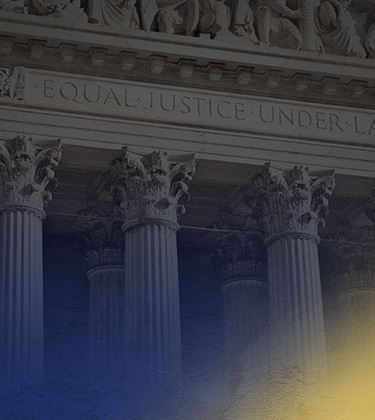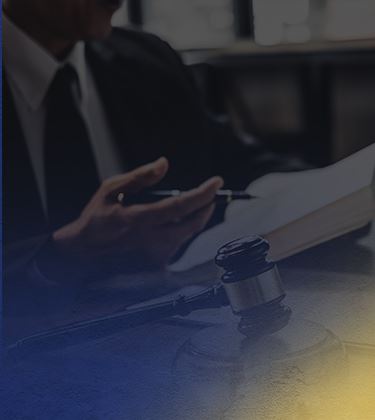
Division of Debt in Florida Divorces
While finances play a significant role in why couples divorce, they can also be a contentious matter during the divorce process itself. As couples agree on dividing property and assets and paying child support and alimony, one often overlooked aspect of financial decisions in a divorce has to be debt division. Who is responsible for the mortgage loan? What happens to credit card debt? What if one spouse secretly took on debts without the other one knowing?
At Owenby Law, P.A., we can ensure that you receive a fair distribution of the marital assets and liabilities. If you have questions about Florida divorce and debt division, contact our Jacksonville divorce lawyers for a free initial consultation.
Call us at (904) 770-3141 today!
Equitable Distribution Laws in Florida
There are currently nine states which operate under community property laws, in which each spouse equally owns all income and assets earned or acquired during the couple’s marriage. Even if only one spouse was working during the marriage, the money is still equally split. However, Florida and the rest of the United States operate under the laws of equitable distribution.
In an equitable distribution state, property acquired during the marriage belongs to the spouse who earned it, and all assets and liabilities are divided in a fair and equitable manner during a divorce. In order to make a determination regarding equitable division of assets and liabilities, the court determines which assets are “marital” and which are considered “non-marital.” Simply put, assets brought into the marriage are non-marital assets, while those acquired during the marriage are marital assets—including debt.
Factors Considered When Dividing Debt
The court will attempt to divide all the couple’s debt (marital assets) equally, while assigning responsibility for payment to each spouse for any non-marital debts.
The court will consider many different factors when determining debt division, such as:
- The current and future earnings of each spouse
- The nature of the marriage, such as length and if a spouse quit their career to raise their children
- The circumstances surrounding each debt
- Any other relevant financial considerations
Once responsibility is assigned, the other person has their name removed from the account, otherwise there is a risk that the creditor may come after the non-liable spouse for payment. If factors such as adultery or other bad behaviors contributed to the dissipation of marital assets, the judge may equalize those expenditures during the division of debt.
Contact an Experienced Divorce Attorney
If you have questions about dividing pension benefits in divorce, contact our Jacksonville divorce lawyers at Owenby Law, P.A. We can provide the legal representation and guidance you need to ensure that you are protected.
Call us today at (904) 770-3141 and find out how we can help.
How Can We Help?
-
 Meet Your Legal ProfessionalsWe put the time and care into your case that it deserves, and we are here to guide you through this process.
Meet Your Legal ProfessionalsWe put the time and care into your case that it deserves, and we are here to guide you through this process. -
 Handling All Aspects of the Legal ProcessWe are the reputable and reliable law firm you need on your side during your legal matter. We handle all types of cases!
Handling All Aspects of the Legal ProcessWe are the reputable and reliable law firm you need on your side during your legal matter. We handle all types of cases! -
 Answers to Your Legal QuestionsThe legal process can be daunting, and we understand you may have questions. Review our FAQ page to find helpful answers.
Answers to Your Legal QuestionsThe legal process can be daunting, and we understand you may have questions. Review our FAQ page to find helpful answers.
The Benefits of Hiring Owenby Law, P.A.
Owenby Law, P.A. is here to help you get the results you need with a team you can trust.
-
Free Initial Consultations
-
Successfully Handled Thousands of Cases
-
Backed by Over 20 Years of Experience
-
Personalized, Results-Oriented Representation
-
A Team of Compassionate Advocates On Your Side
-
Flexible Payment Plans Available


